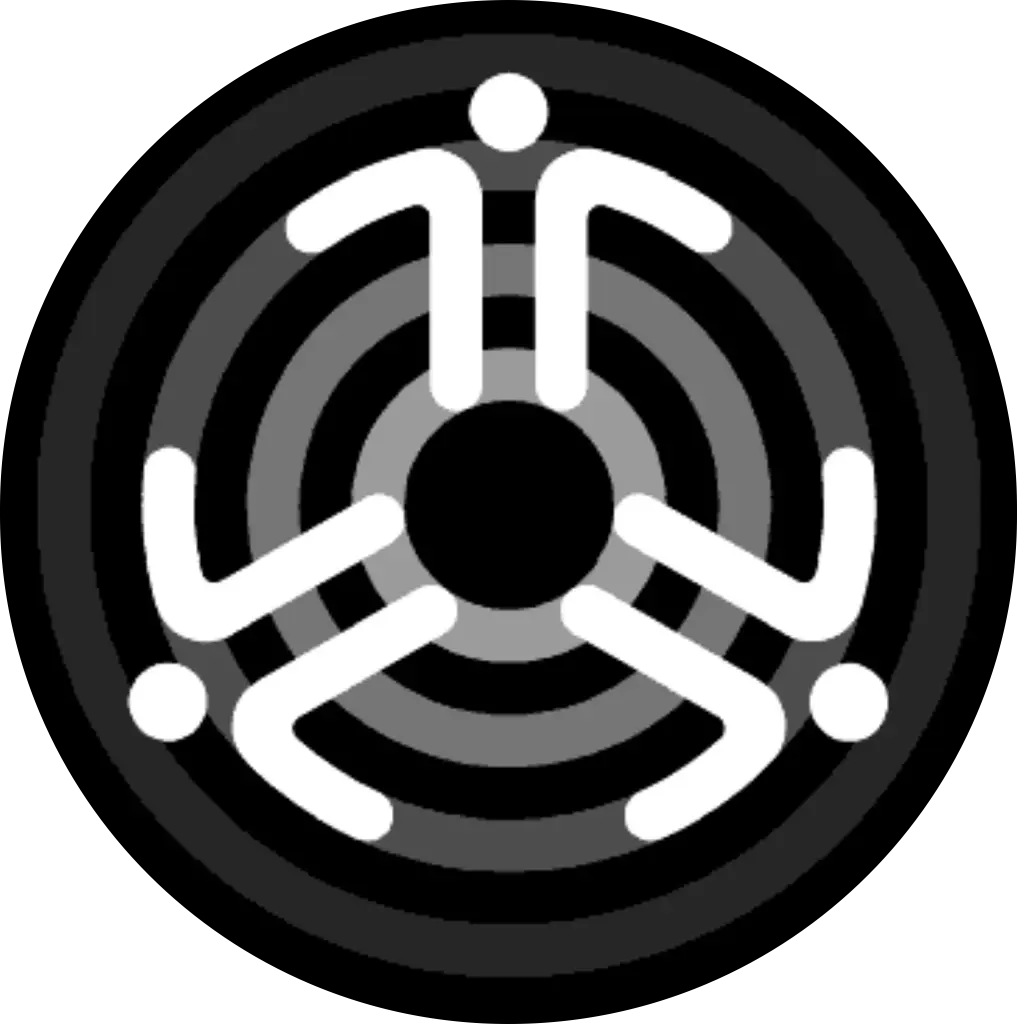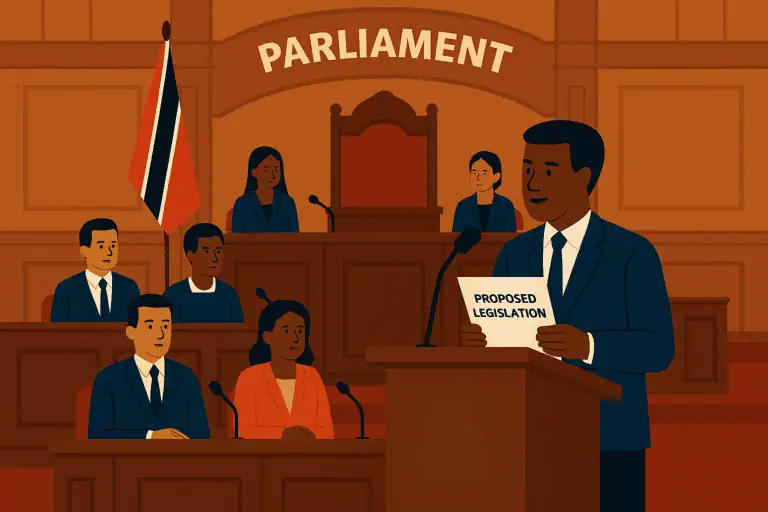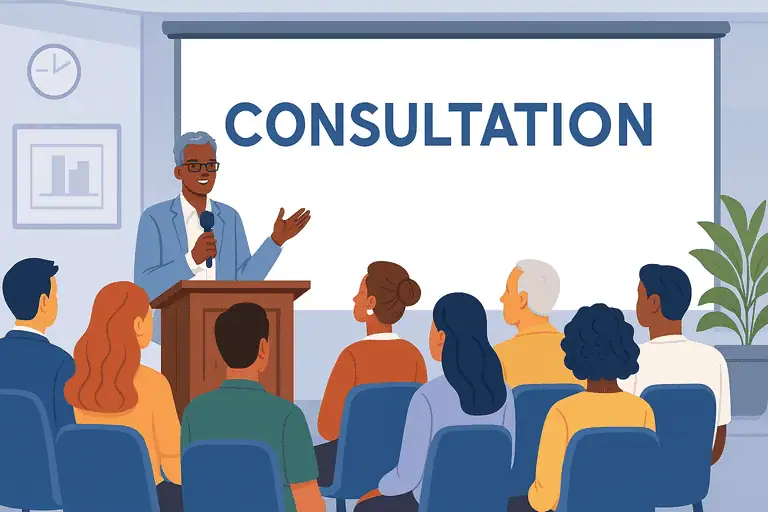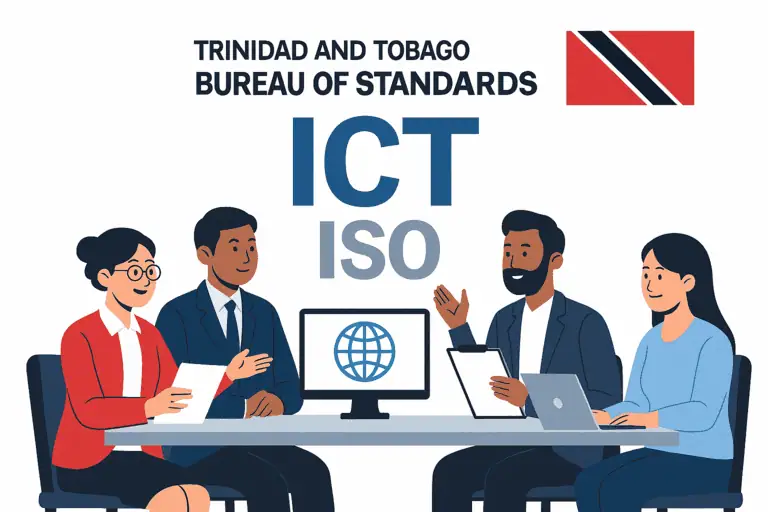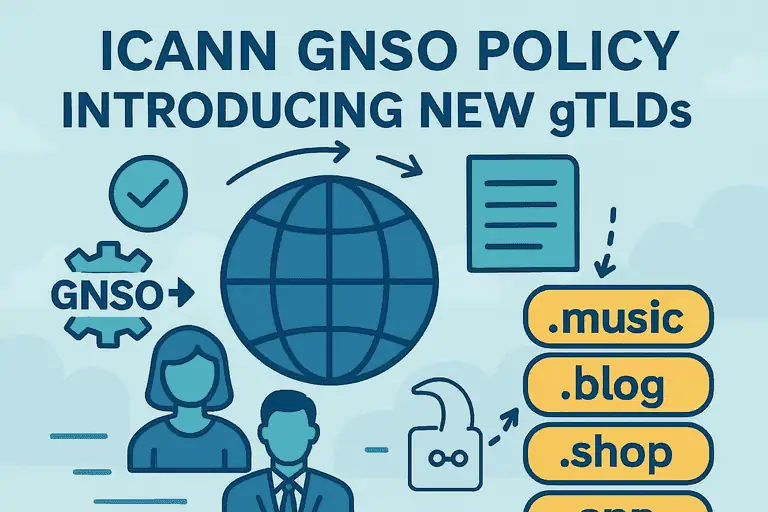The Government of Trinidad and Tobago (GoRTT) has released a “Consultative Document for the Policy on Cinema Exhibition and Video Entertainment in Trinidad and Tobago.” (PDF ; 671K) in May 2009
The proposed policy “is targeted to the proprietors/ businessmen, administrators and law makers involved in providing availability to, and regulation of such availability of, film and video entertainment products to the public of Trinidad and Tobago.” and applicable “..to all persons exhibiting, intending to exhibit or otherwise making available motion pictures, video games or any form of video entertainment via rental, sale or arcades to the general public.”
(Update 18th May 2009 : The Trinidad and Tobago Computer Society has open a wiki page (Note link is to a saved version of the wiki page as a PDF) to gather answers to the questions asked in the document. If you have never used the TTCS wiki, you can request access to the TTCS wiki and once added, you can edit the TTCS wiki page)
(Update: On June 30th, 2009, the TTCS submitted its comments : TTCS Comments on Consultative Document on Draft Policy for Video and Cinema.pdf
In this proposed policy, the GoRTT states the following policy positions :
- The current mechanism for censorship of material is unwieldy and impractical in the contemporary setting. In the interest of encouraging personal choice of the consumer, the Government proposes to introduce a rating classification system which will guide the content of the motion picture and video entertainment product.
- Accordingly the framework should be focused on content regulation and/or management in the interest of protecting the citizenry (and especially minors) from unwanted or unexpected exposure to harmful, distasteful or socially malignant content. Such regulation shall include all forms of motion picture (film, videocassette, DVD, etc.) and/or video entertainment products (commercials, electronic games etc.), and auxiliary materials associated with the marketing and release of such products.
- In an environment of continued convergence of information and communications technologies, and the new channels and media thereby facilitated, it is essential that the framework is technology neutral;
- Where there are gaps in the overall legislative framework, or where it is necessary to provide clarity for applicability herein, the framework shall defer to parent frameworks associated with the maintenance of public safety and the preservation of public order.
- The framework will support easy entry into the industry of video entertainment sales or rental service providers, reducing regulatory overhead as much as possible in this area of activity which has neither control of supply nor market dominance, considering the multiple channels by which these products can be obtained. In that regard, regulation will be limited to that which is sufficient to ensure compliance with the content management provisions pursuant to (2) above.
- To facilitate this function, the Government proposes to convert the Film Censors Board to a sectoral regulatory body: – the Film and Video Review Authority to –
- Classify film and video entertainment products, as well as auxiliary marketing paraphernalia (posters, advertisements etc.);
- Licence Exhibitors;
- Licence Exhibition Venues
- Undertake to inspect operations of Exhibitors and Proprietors to ensure adherence to the provisions of this Policy;
- Develop codes of practice in conjunction with Exhibitors and Proprietors; and
- Advise the Minister on recommended regulatory instruments and orders to support the management of the regulatory framework herein established.
The deadline for comments to the GoRTT is June 30th, 2009 (updated June 15, 2009) May 30th, 2009. View/Download
